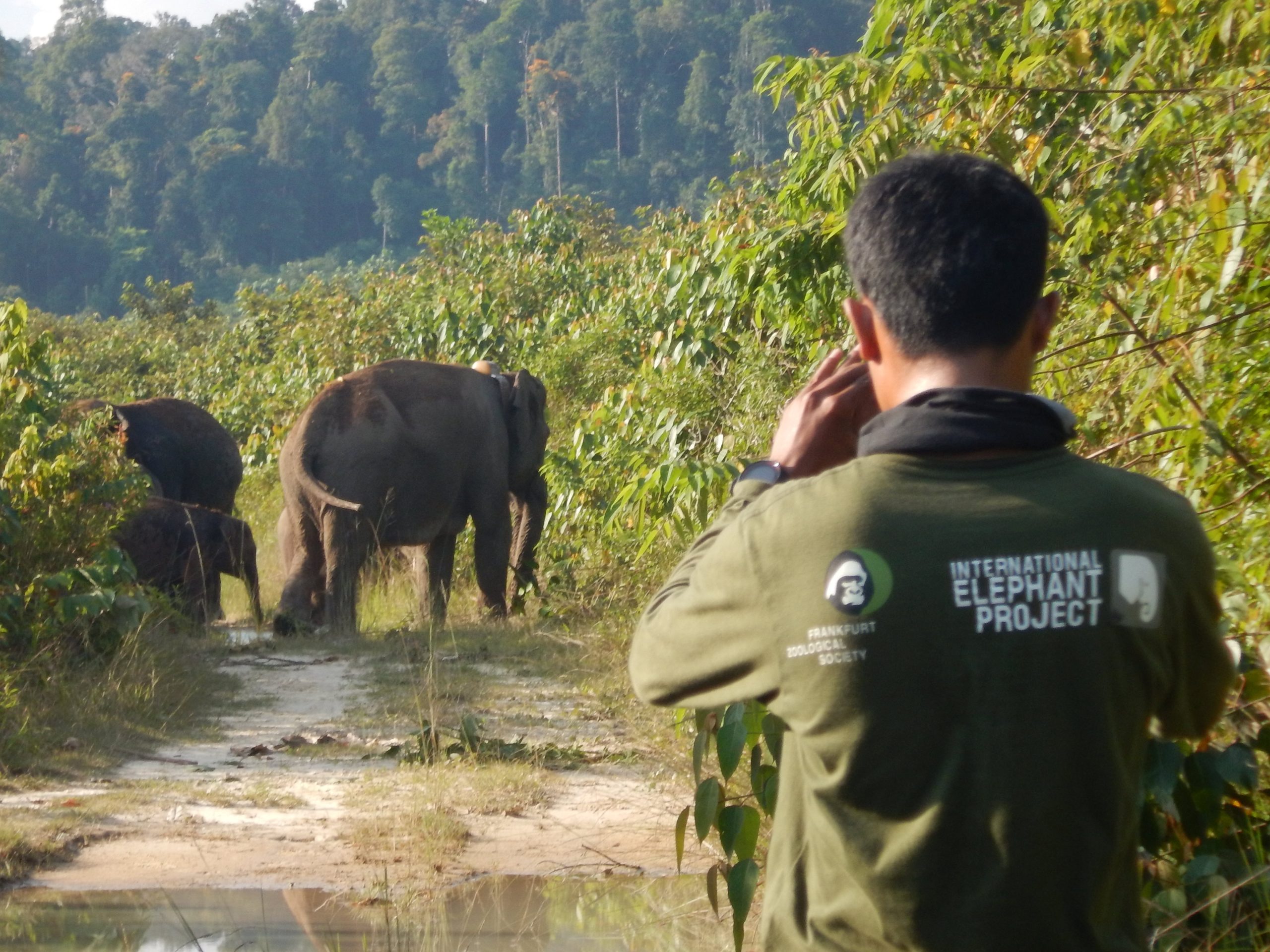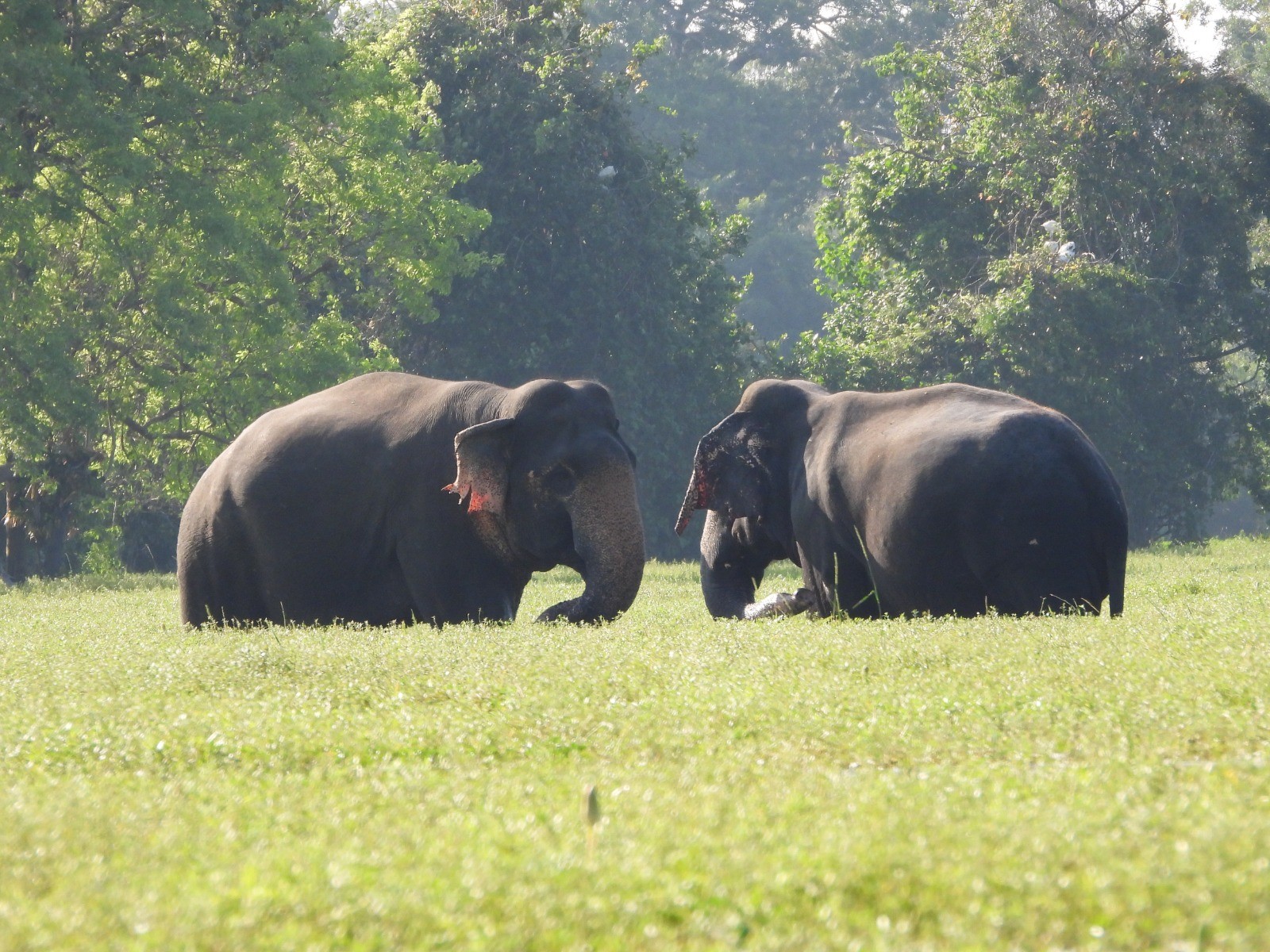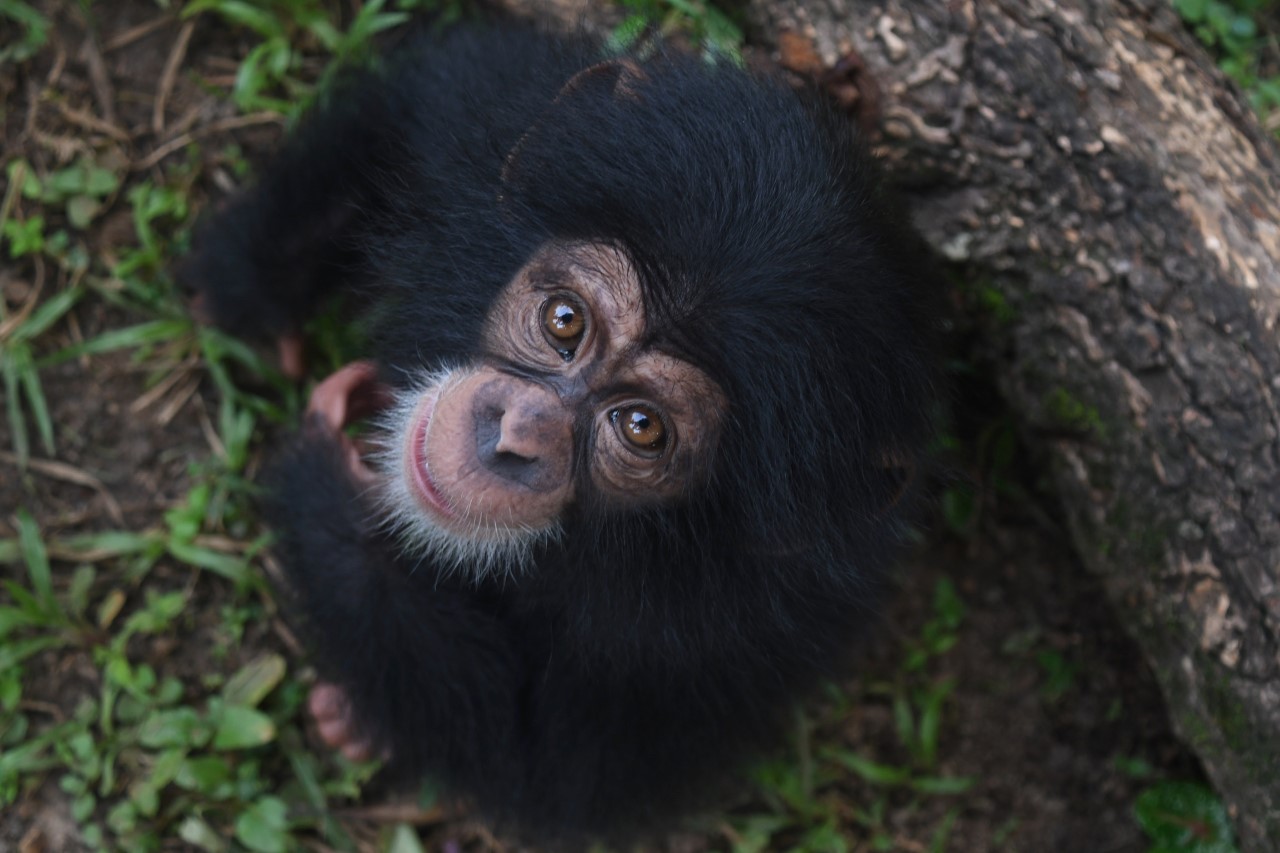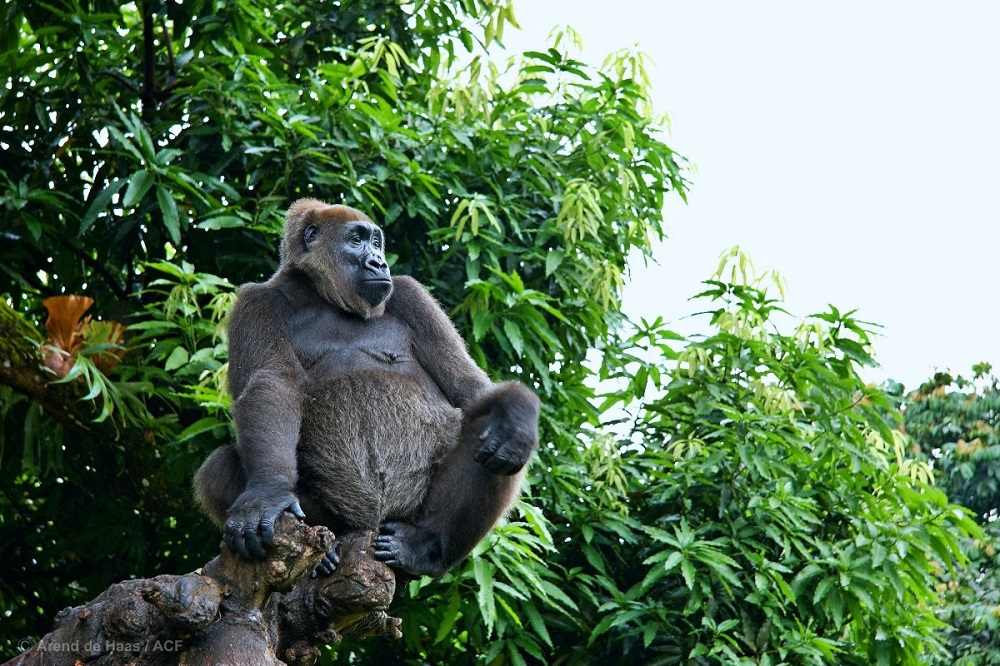The Bikut Tigapuluh Ecosystem in central Sumatra, Indonesia, is a globally important area of lowland rainforest. As well as harbouring valuable biodiversity and acting an important carbon storage resource for the mitigation of climate change, and being home to several indigenous groups who depend on the forest for survival, the area is particularly important for the conservation of several critically endangered large mammal populations.
It is a priority area for one of the largest populations of wild Sumatran elephants, home to 10–15% of remaining Sumatran tigers and covers one of only two release sites for ex–captive Sumatran orangutans.
The lowland buffer zone of the Bikut Tigapuluh National Park is extremely important for these species, but increasingly is under threat of encroachment from logging, poaching and illegal farming. Over the last few years, economic pressures arising from the covid 19 pandemic have led to more and more illegal activity in the area.
The area is patrolled by dedicated wildlife protection units – multi task community ranger teams who undertake habitat and wildlife monitoring, anti-poaching patrols and human wildlife conflict resolution, however, funding pressures were making the future of these patrols uncertain, with the risk of leaving the area inadequately protected and vulnerable to poaching and other illegal activity.
Working with our on the ground partners, Wildlife Conservation International, funding was provided to enable the 24 strong ranger team to continue its vital work protecting the area and its wildlife in the following ways:
- maintaining their continuous anti-poaching efforts and keeping numbers of critically endangered wildlife killed to a minimum
- continuing the successful Community Based Conflict Mitigation Programme to reduce conflict between elephants and farmers
- patrolling key areas for large mammal conservation
- training and equipping existing rangers and new recruits with SMART wildlife monitoring technology
- covering the ongoing costs of uniform, transport, patrol equipment (tents, cookers), technology (comms, GPS, SMART) and food rations



